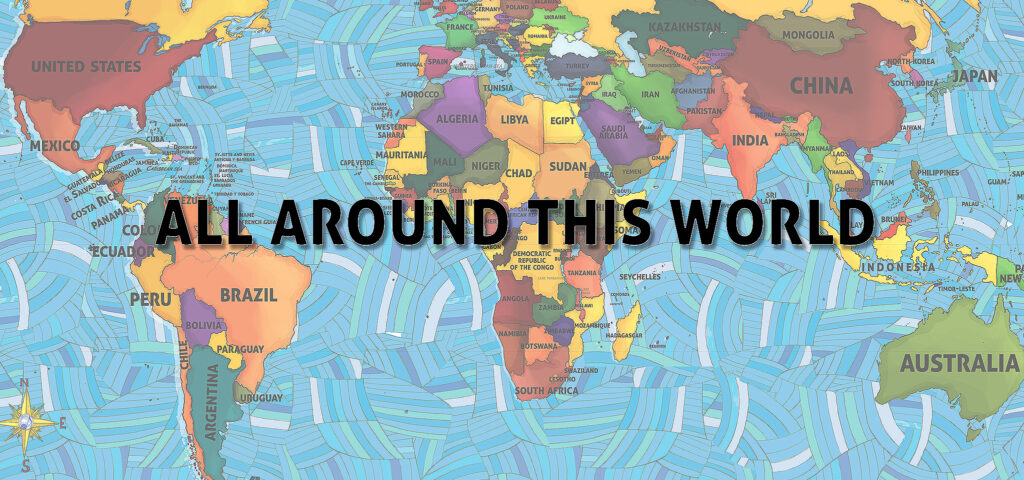Brazil’s political past is a checkered one, full of colonial battles, failed republics and military coups. Despite all these ups and downs — or maybe in part because of them — Brazilians have historically focused on the wealth and breadth of their culture as their main source of national pride.
Brazil has been a Portuguese stronghold for five hundred years, ever since explorer Petro Álvares Cabral — Portuguese noble, military commander, navigator and curator of a rather impressive beard — arrived there (whether on purpose or not). While the Spanish were off dominating most of the rest of the continent, Portugal’s rulers supported increasing incursions into the Amazon, subjugating indigenous peoples as they went. For over a decade in the early 1800s, the Portuguese royal family, fleeing France and Napoleon, even called Brazil their home. When the dust cleared and the royals went home, Portugal tried to rule Brazil from afar again; enough Brazilians didn’t like this that by 1825 the sprawling nation became independent under its newly crowned monarch, Dom Pedro I. Pedro I soon abandoned Brazil to go to Portugal to take part in a struggle for the Portuguese crown (with its many twists and turns), leaving his son Pedro II in charge. (Pedro II was five years old.) Pedro II’s rule lasted for 58 years, until 1889, when a military coup, backed by former slave owners who were unhappy with Brazil’s abolition of slavery, ushered in a republic.
Brazil’s early attempts to form a stable republic didn’t work and in 1930, Getúlio Vargas took power in a coup. He kept control through World War II, when Brazil sided with the Allies, then lost it in a coup, then was democratically elected in 1951. His regime was unstable, and so was he; he took his own life in 1954. In 1964 a military dictatorship took hold, censoring the press, jailing dissidents and taking hold of the economy . . . which actually boomed. Starting in the ’70s a series of unstable regimes began a process of re-democratization which were supposed to be “slow, gradual and safe.” They were at east slow — civilians didn’t regain power until 1985.
In the 1990s and through the first decade of the 2000’s Brazil seemed to become politically stable, with Fernando Cardoso as president from 1994 to 2002 and the dynamic Luís Inácio “Lula” da Silva, from 2002 to 2010, and appeared well on its way to being a global economic and political power. …though, with the rise to power of Jair Bolsonaro, the country has again experienced deep turmoil.
No matter which Brazilian politicians are in charge, no one can deny the power of Brazil’s culture. In our music classes we dispense with some of the usual rigmarole that would otherwise feature images of Brazil (stunning — look through before showing the kids), advice on whether to travel there (yes!) and its many languages (over 200 indigenous languages, but almost 100% speak Portuguese) to focus on the nation’s undeniably awesome music.





Comments are closed.